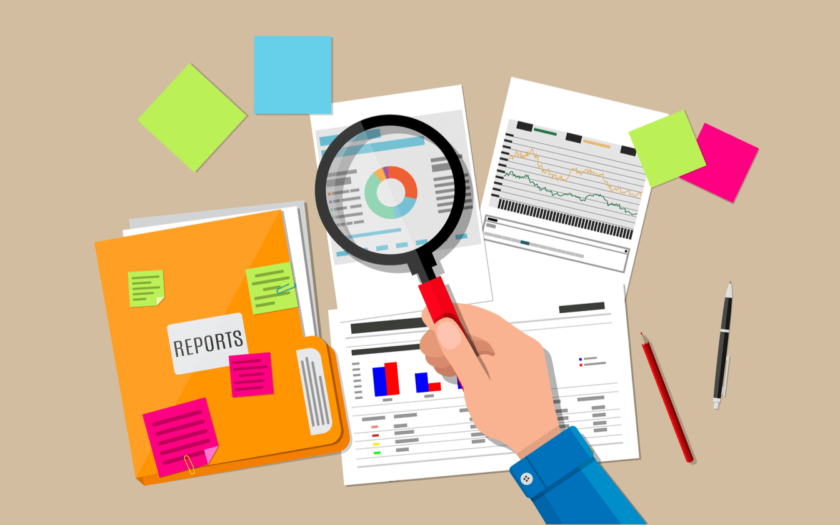
Many entrepreneurs are looking at National Governments for help to survive the financial problems they are in.
And that is logical. However, there are many things you can do yourself to reduce your fixed and variable costs and fast.
Here are the 7 things I learned to do since 2001 to be able to run a profitable business on my own since 2001. Lessons I have been applying since this Corona-crisis started.
1. Look closely at all your costs.
The first thing you should do is look at all your current expenses. What are your operating costs? What are your fixed costs and what are your variable costs? What costs are really necessary to be able to serve your current customers during the crisis?
2. Stop unnessary fixed costs.
Stop paying for things that you do not really need to serve your current customers immediately. Including ‘nice to have’ subscriptions.
3. Stop unnessary variable costs.
I discovered that I actually spend a lot of money on buying coffee at different shops and bakeries around whre I live. And I must admit that I regularly do ’emational purchases’.
I now drink less cofee (at least I try…) and I make coffee at home. And I reduce emotial purchases by counting to 10 before I do something.
4. Compare prices.
It really makes sens to compare prices for for instance things you need to be able to run a business working from home. By using the Internet, that is relatively easy to do.
5. Look at the costs of producing and selling products and services.
The costs in terms of time, energy and money of producing and selling certain products and services can differ greatly. There is for instance a huge difference between writing and selling a physical book or writing and selling an eBook.
So that is why I curerntly focusing on writing and publishing as many eBooks in english and in Dutch as possible to help as many people as possible to survive the current crisis.
6. Look at the costs and benefits of serving different niches.
Often we serve different customers from different niches. If you compare the costs of actually serving these customers in relationship to the benefits, that gives you ideas about which customers and which niches you should focus now on with the highest priority to survive the Corona-crisis.
7. Contact your existing customers.
The best way to reduce costs and save money for any entrepreneur is to stop doing things that customers do not want to pay for! So my suggestion is to contact your customers asap and ask them how you can help them in the best way. You can do that by email, but I try to do it personal by phone and/or Skype.
Ok, well, that is it for today. If you want me to answer any specific question related to your specific business, then write a comment or email me here.
Have a nice day, stay save and #stayathome.
Greetings,
Tony






First blog on how to reduce costs working from home